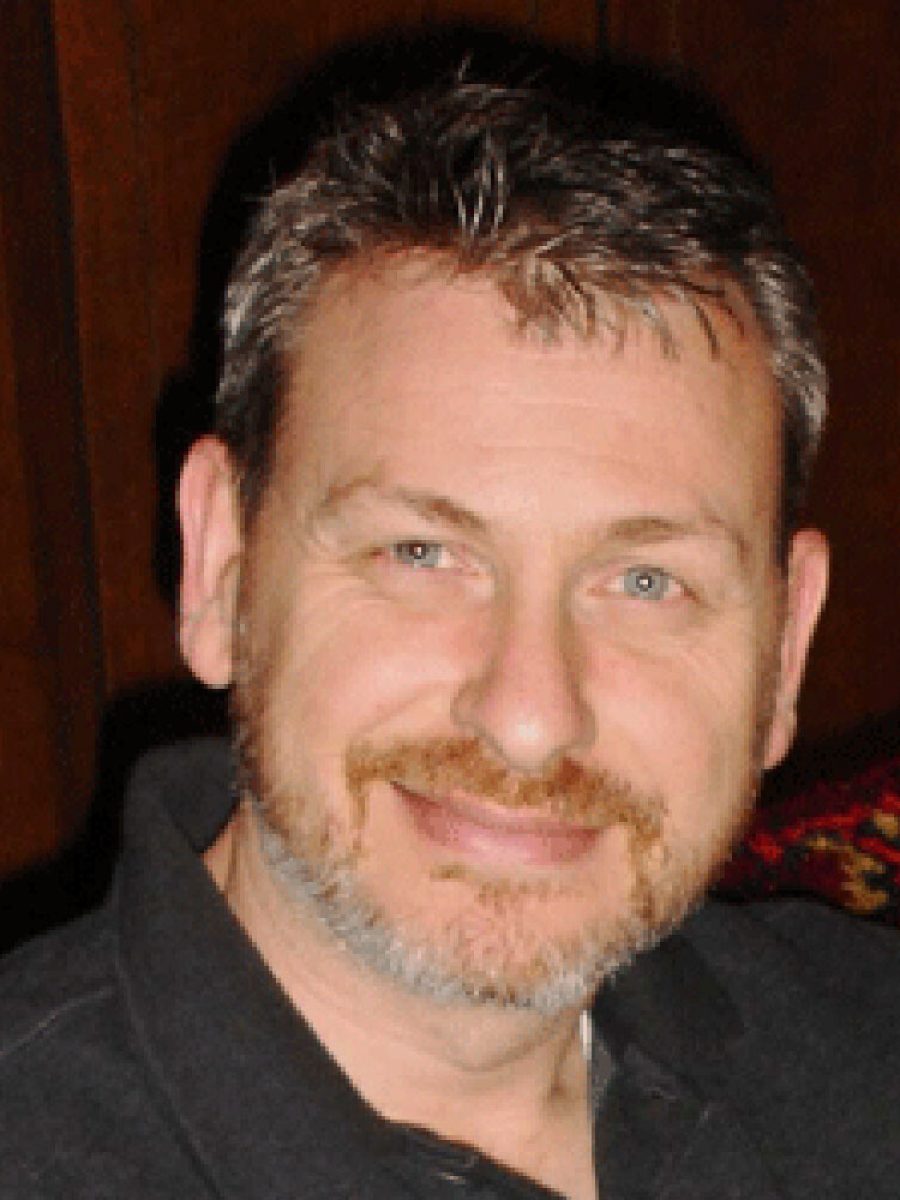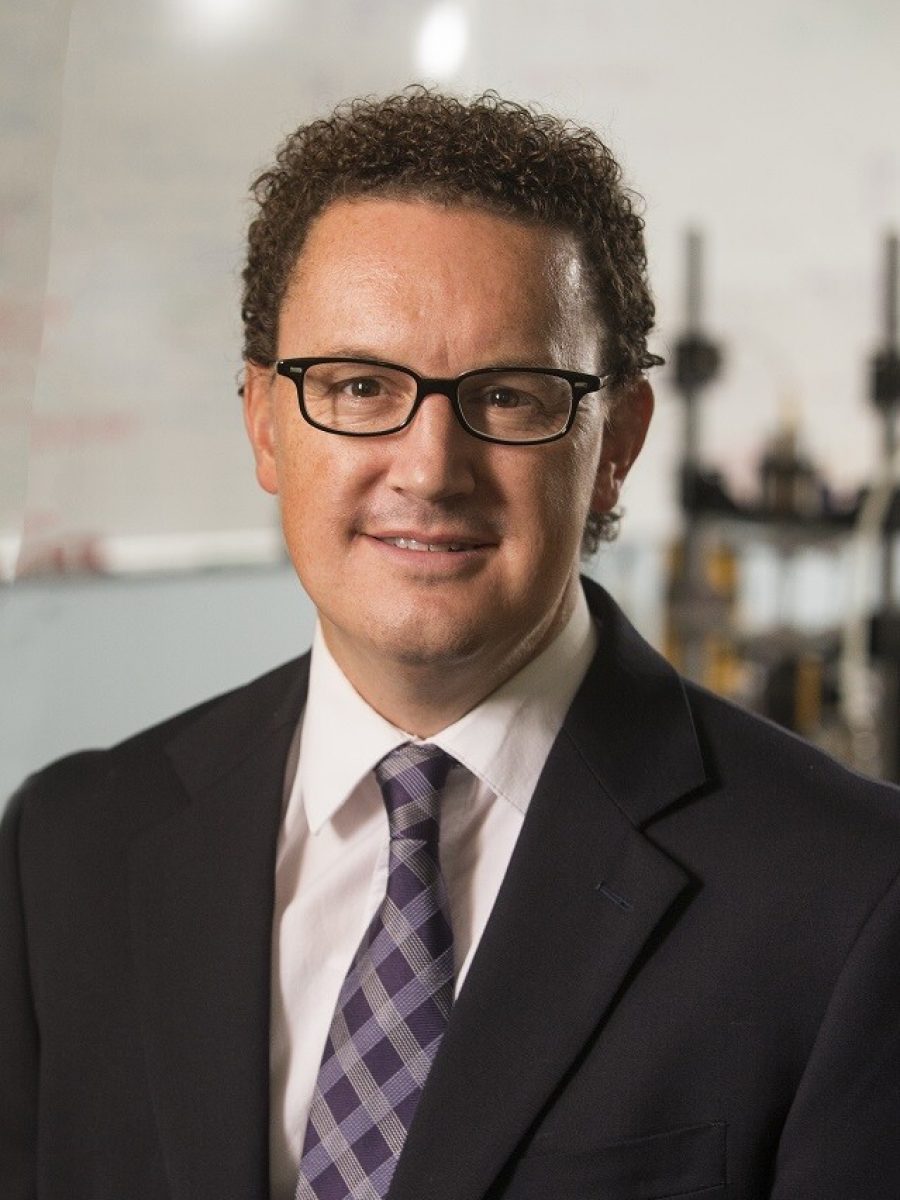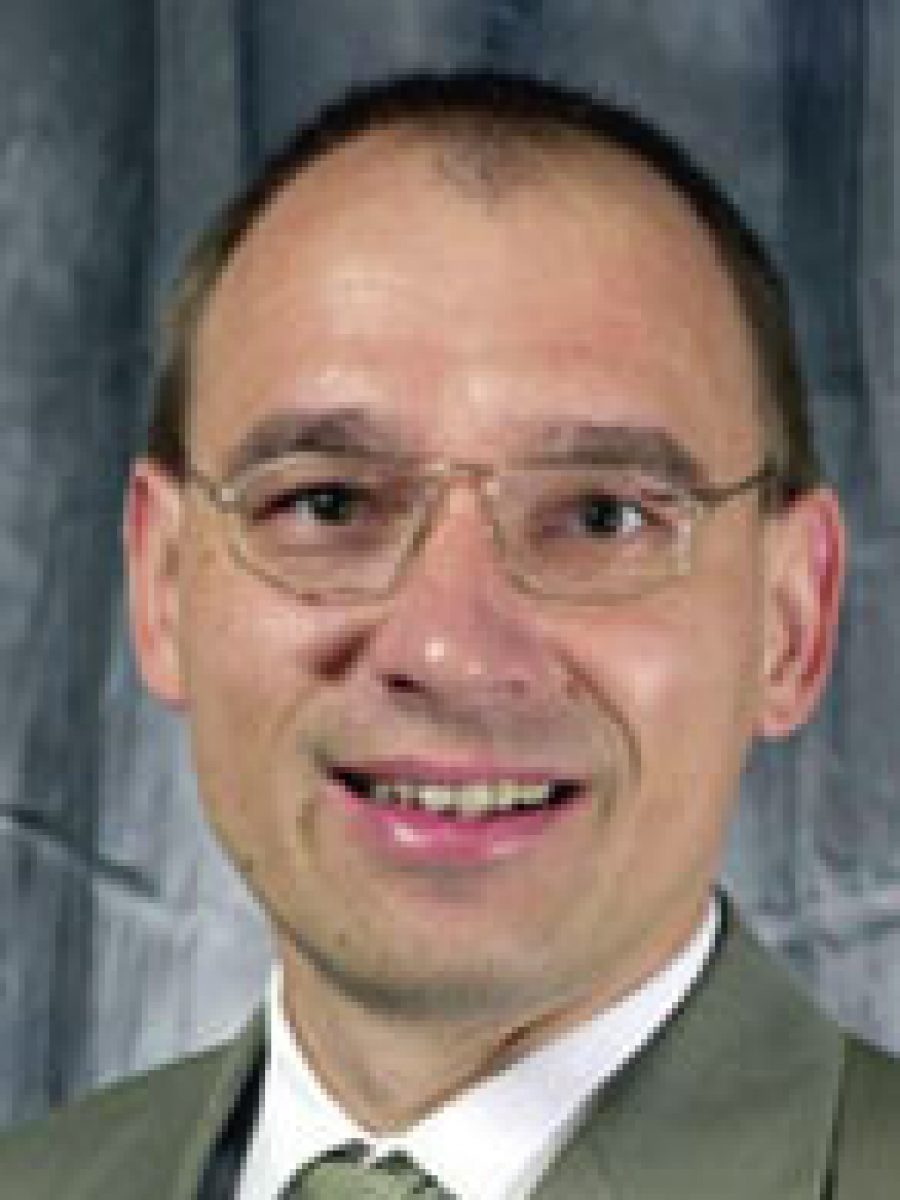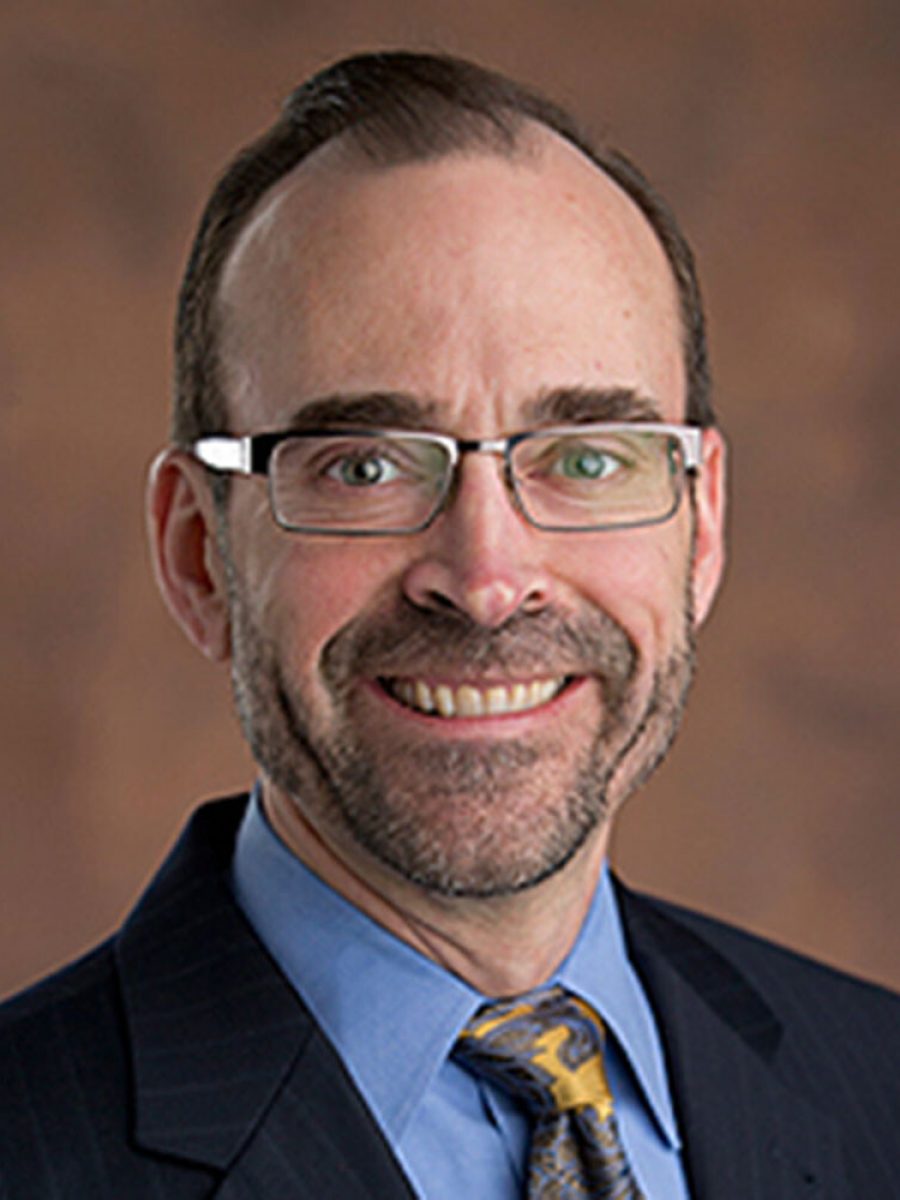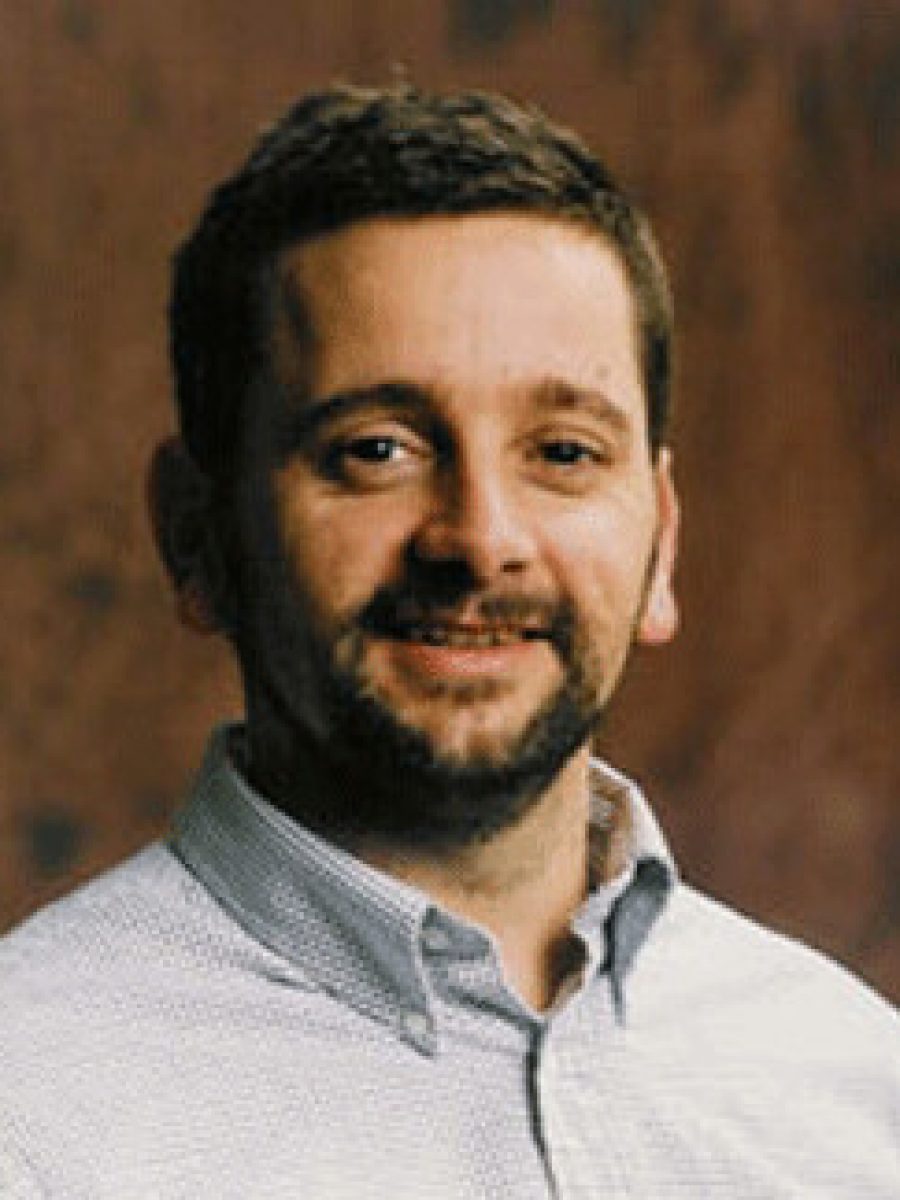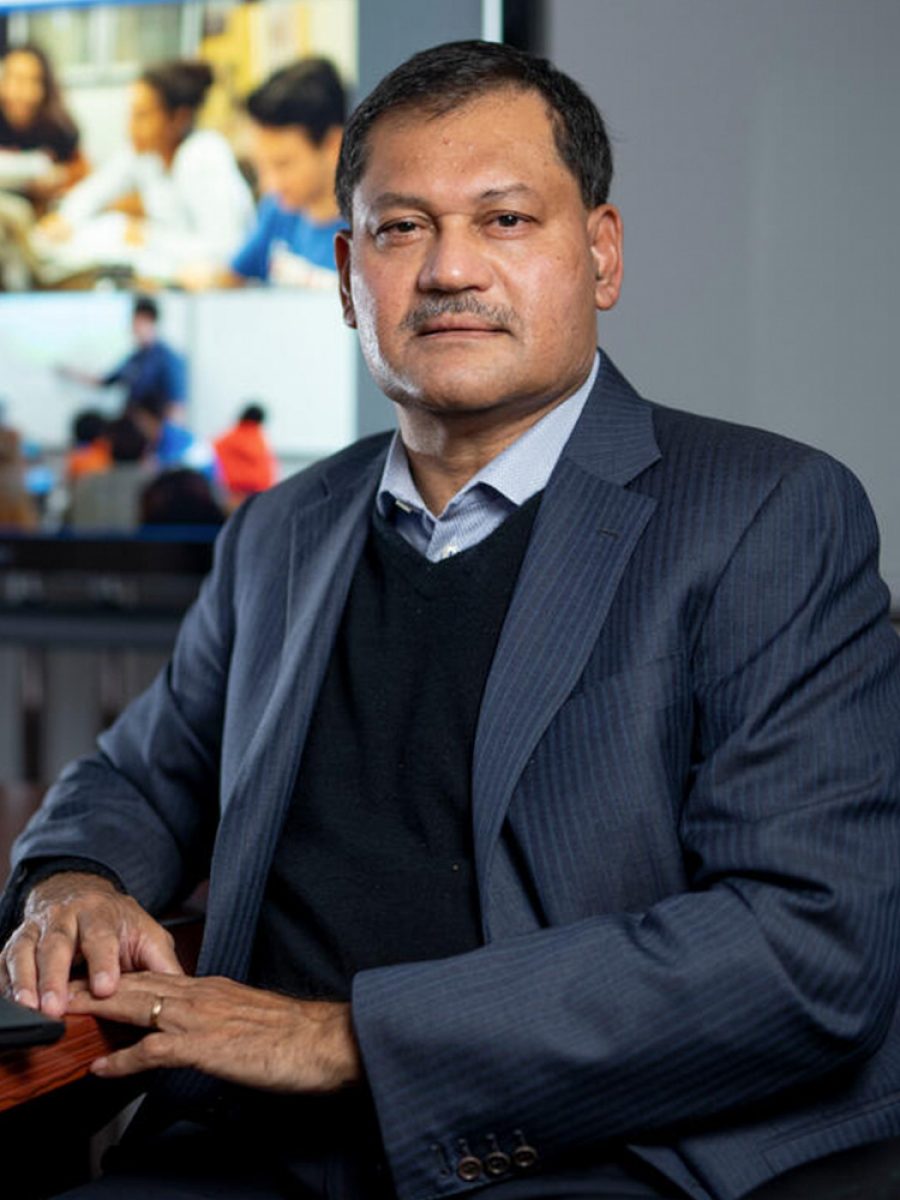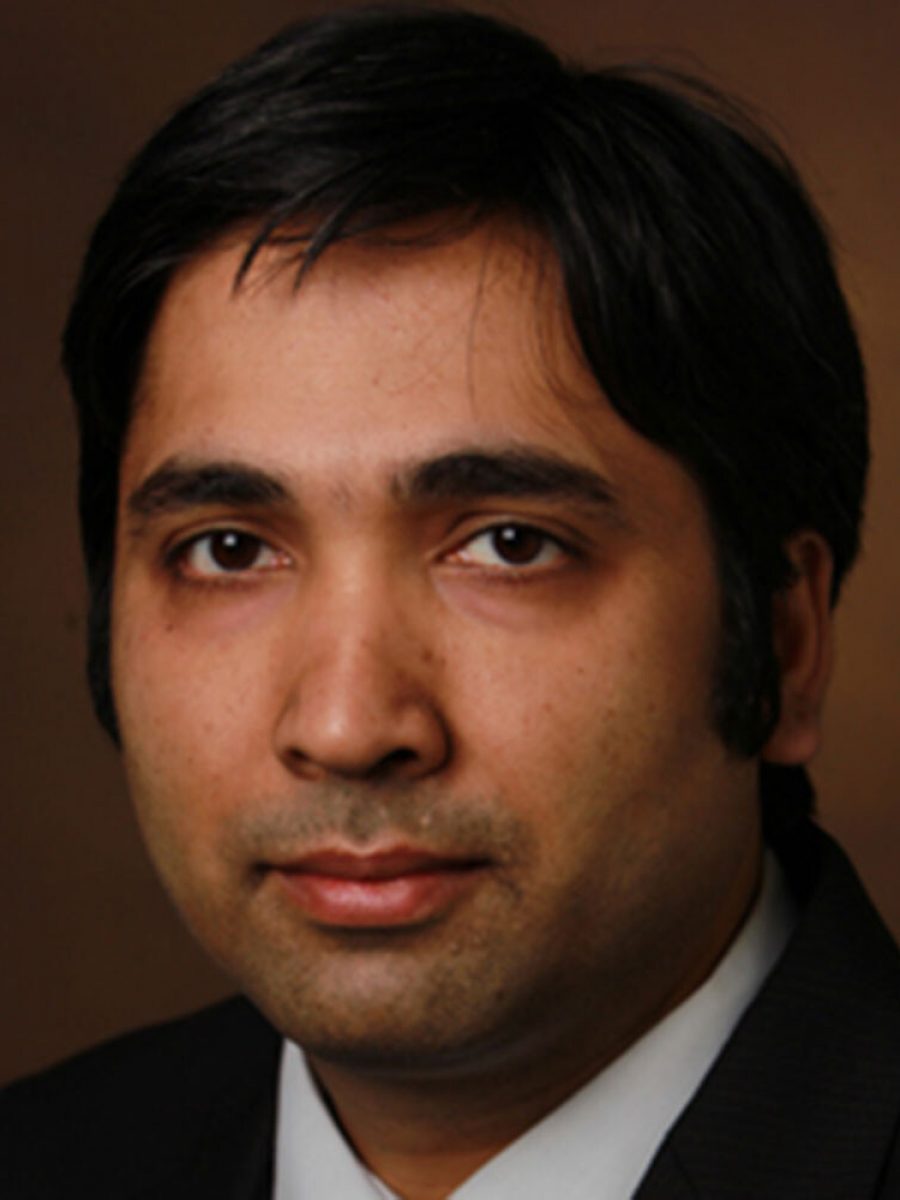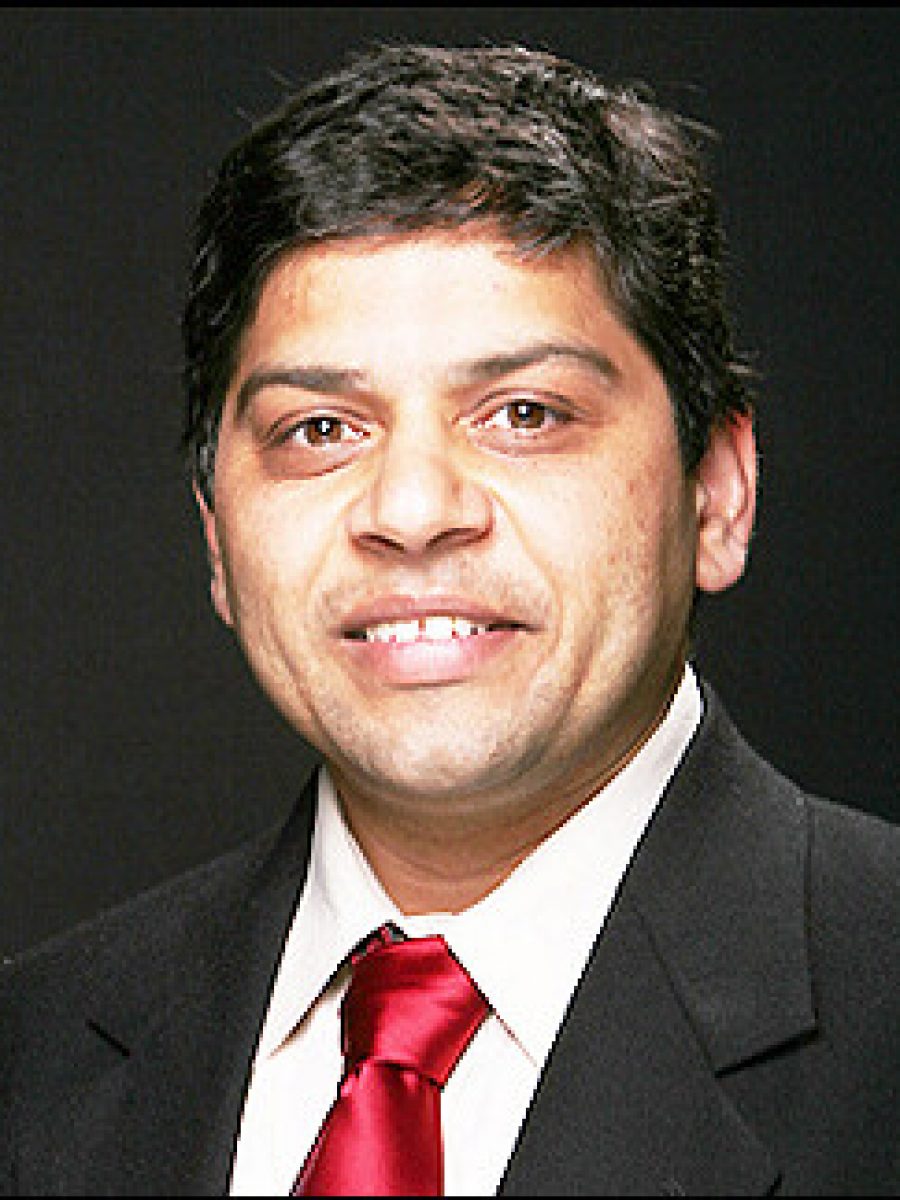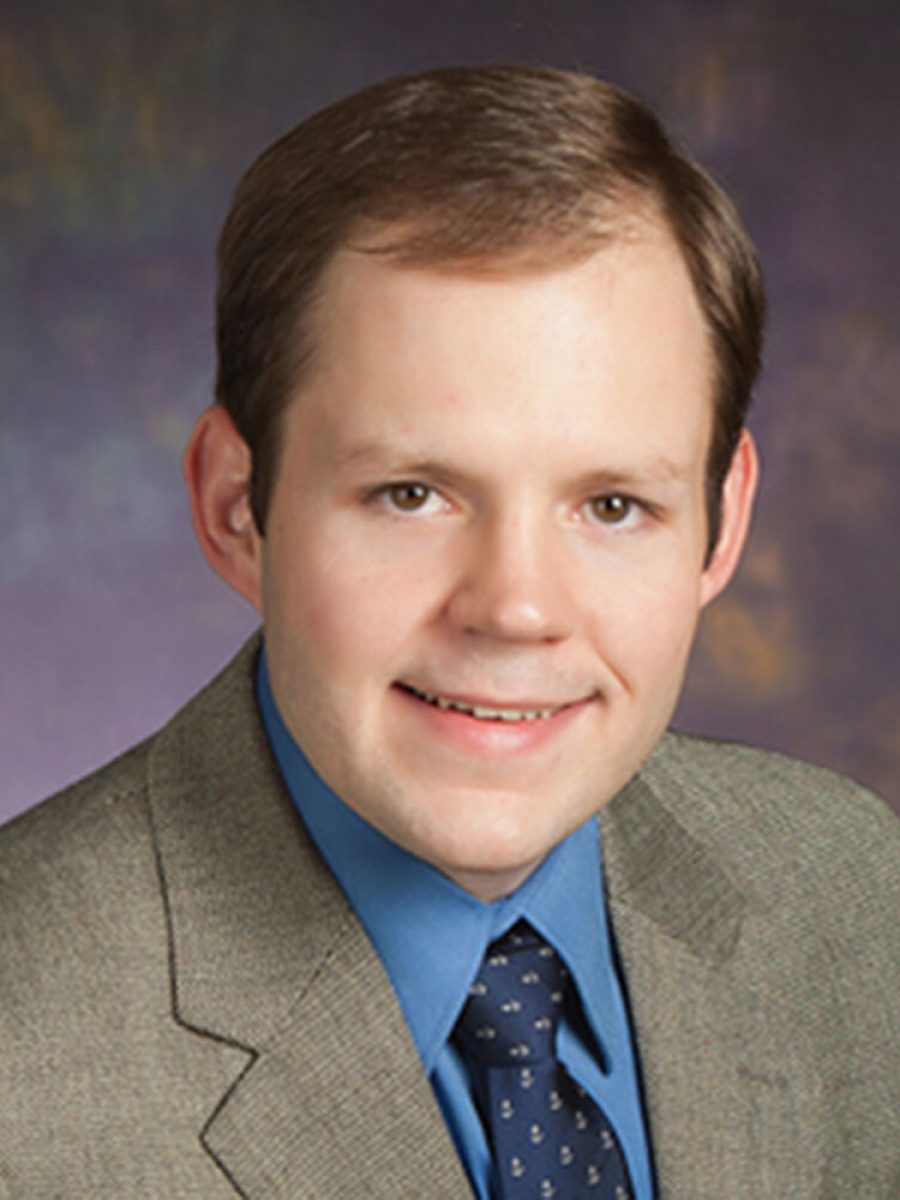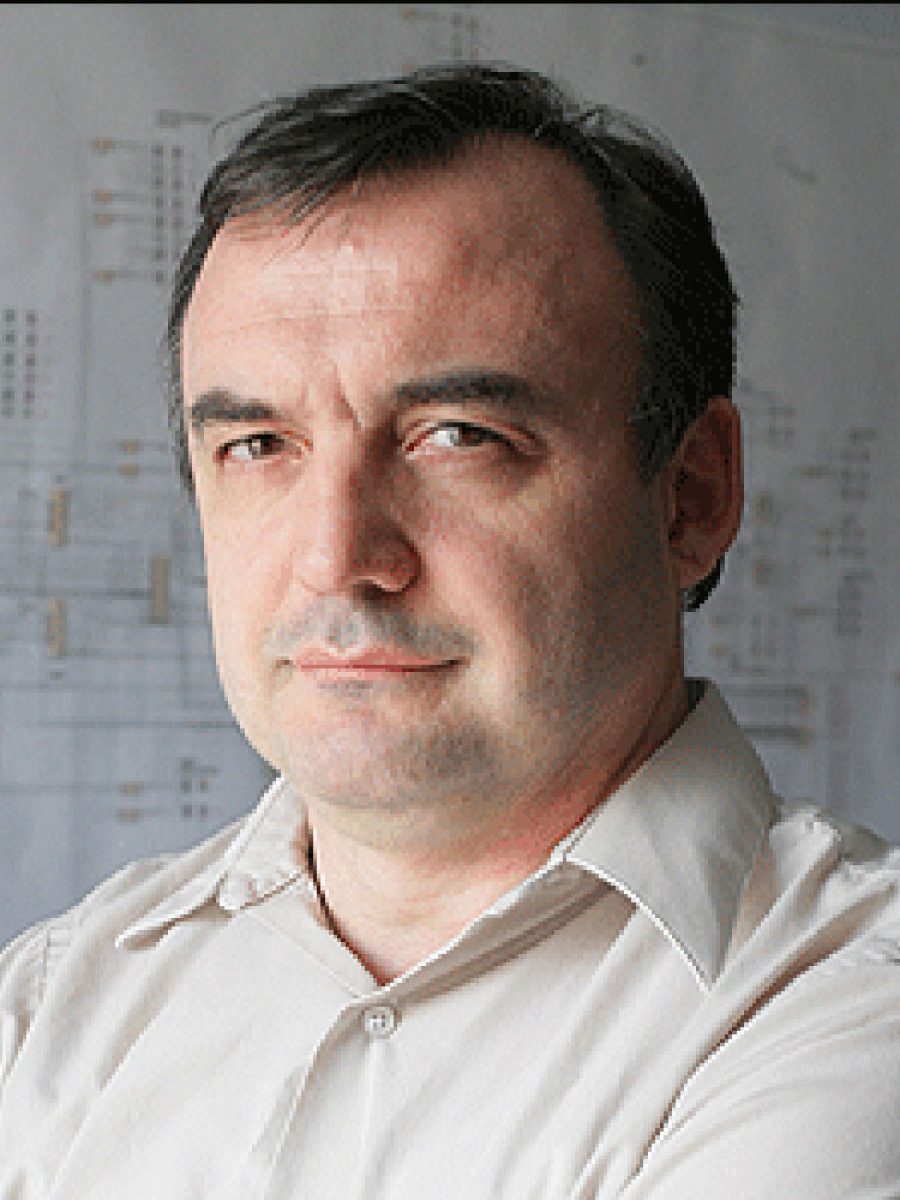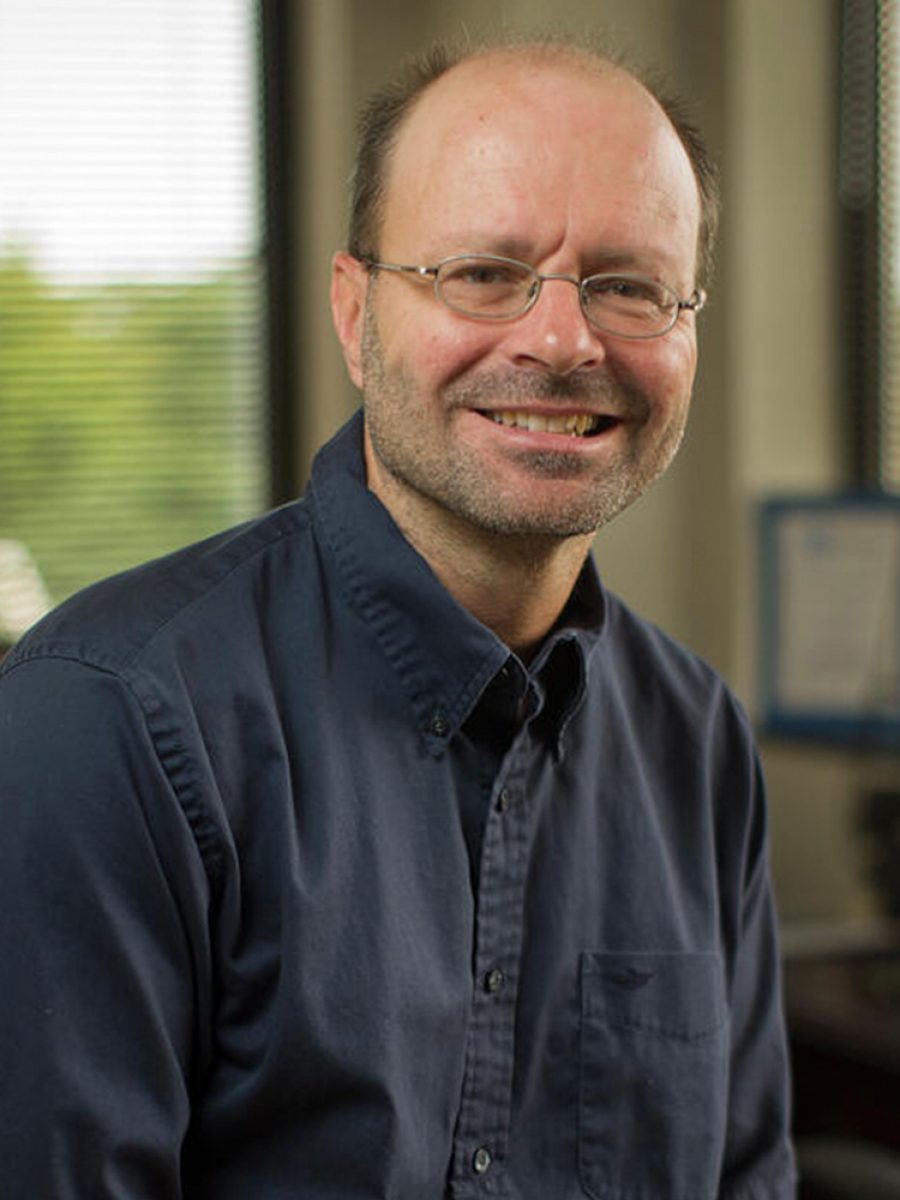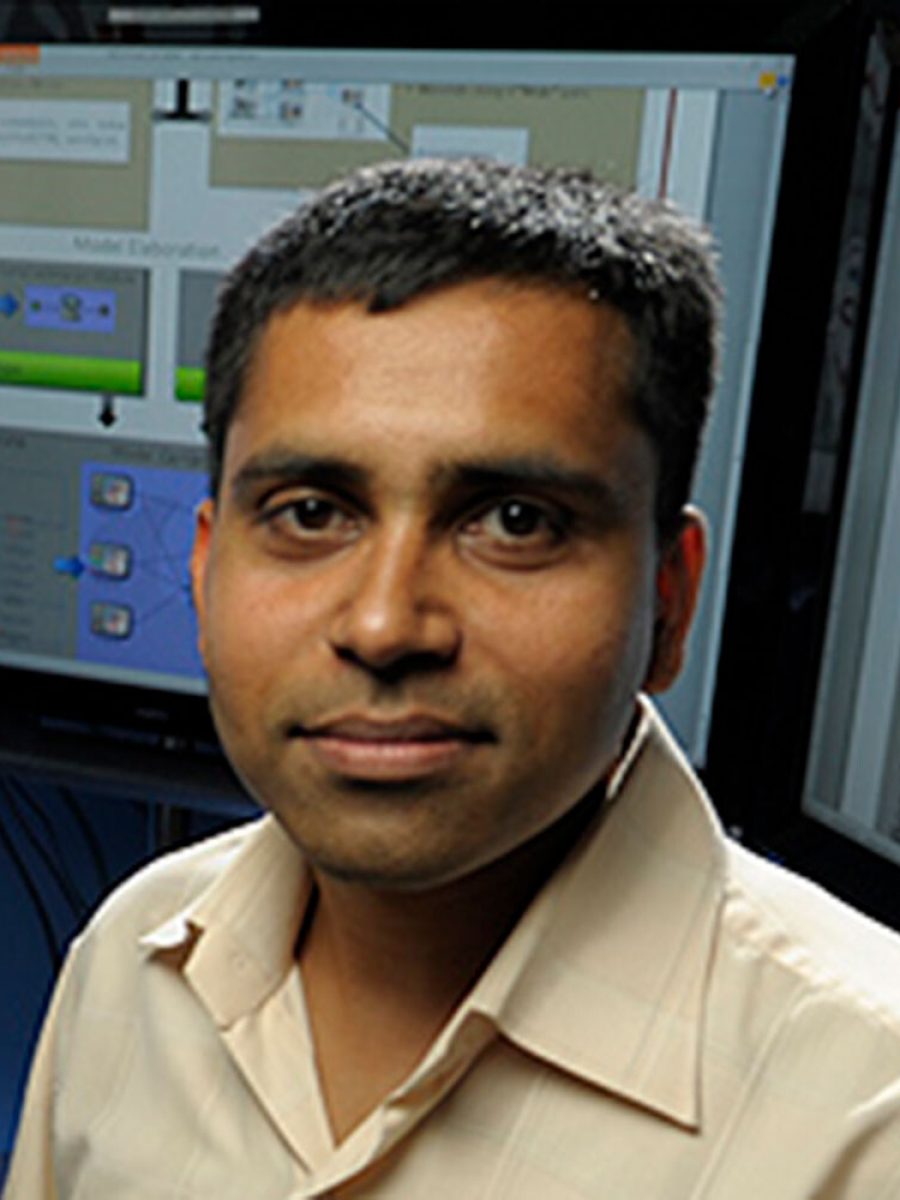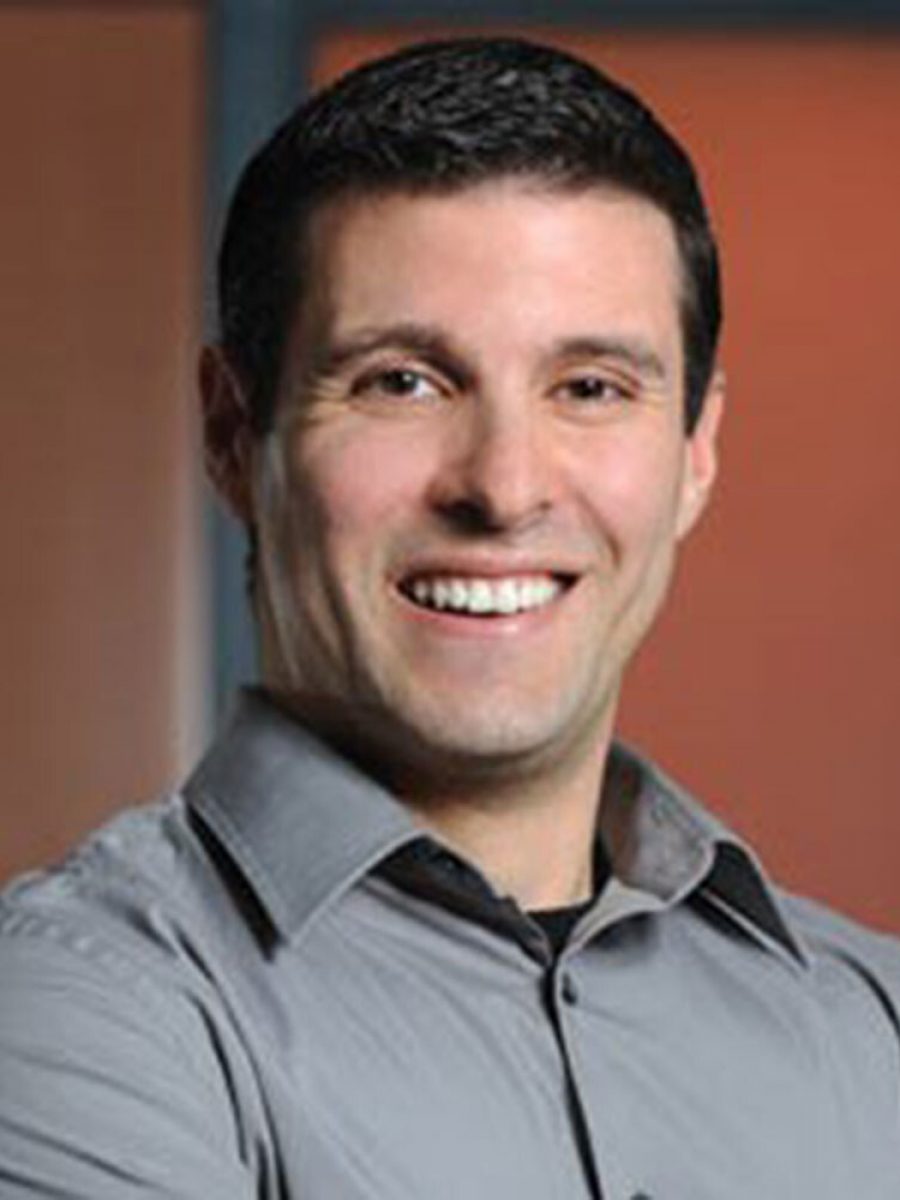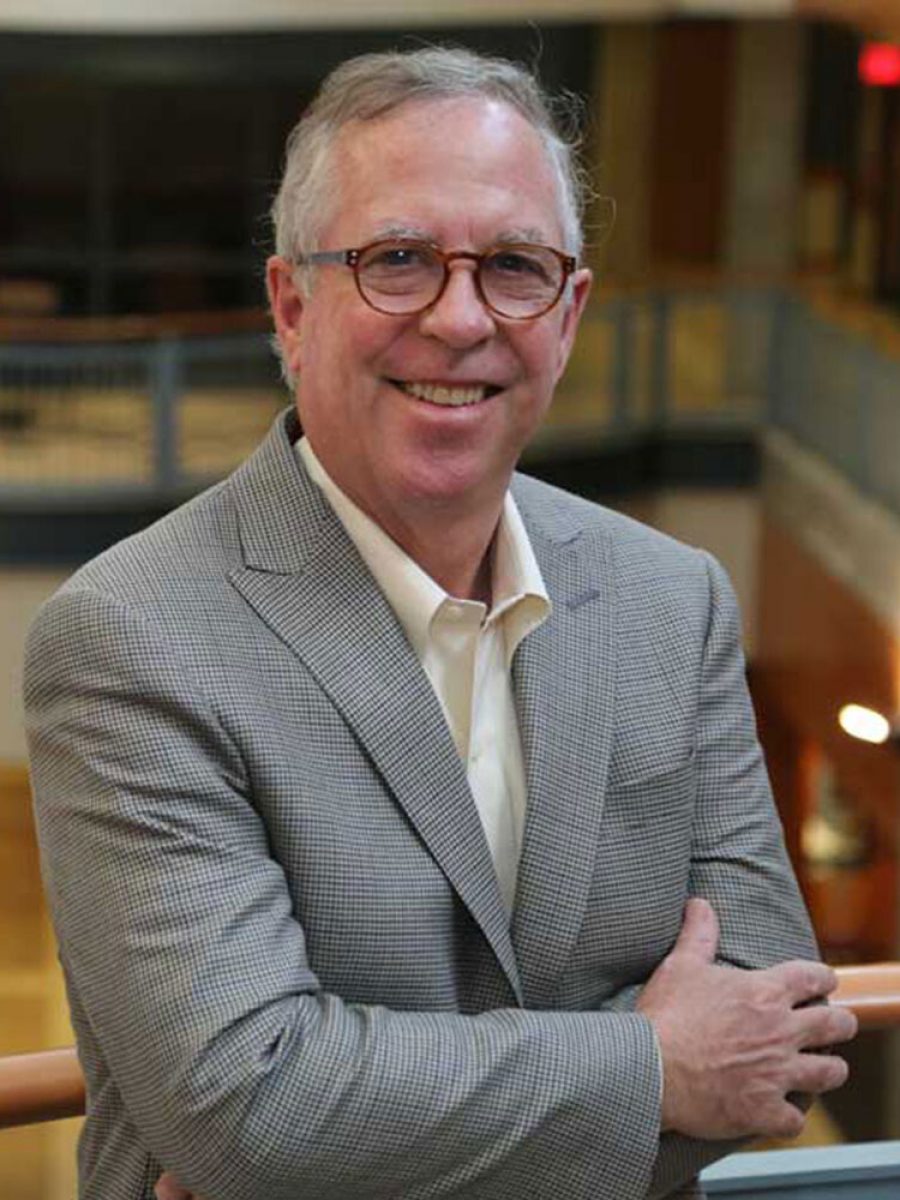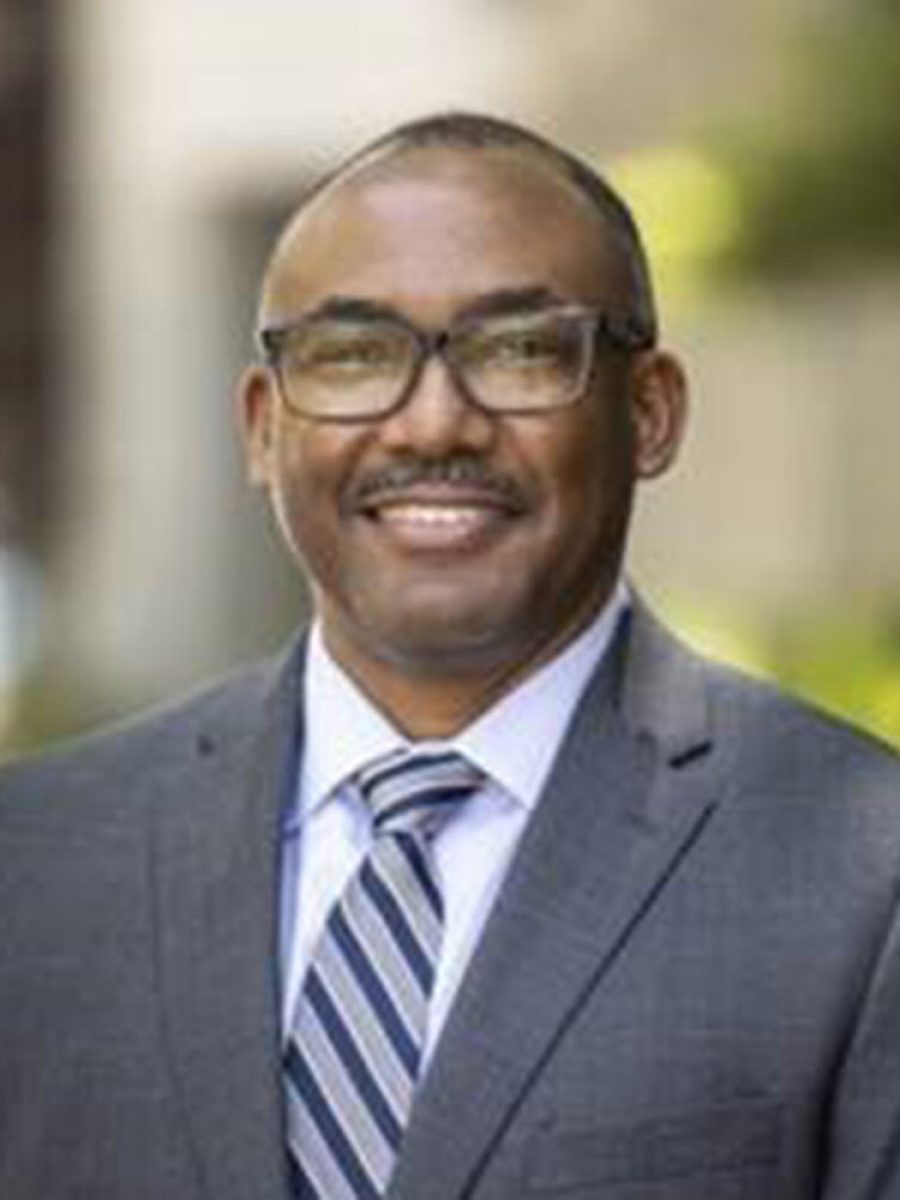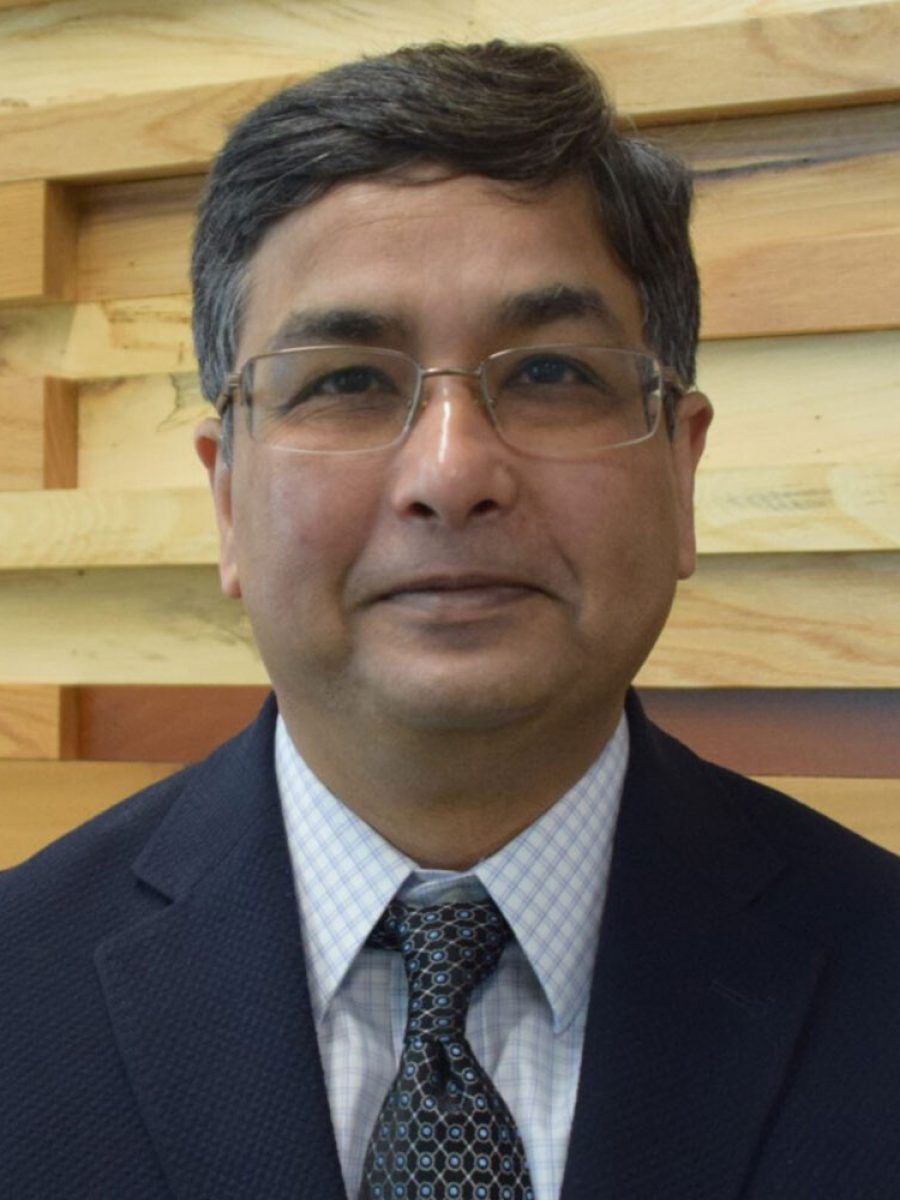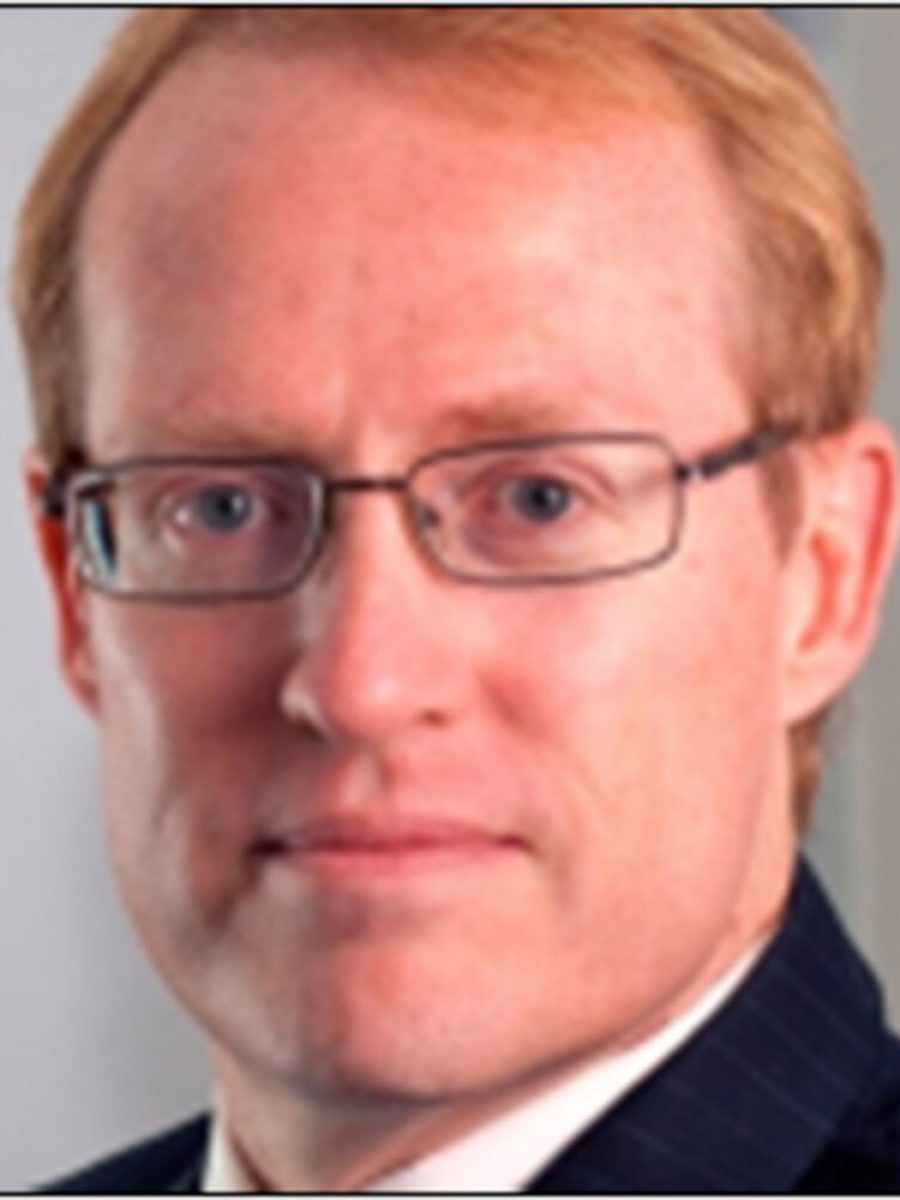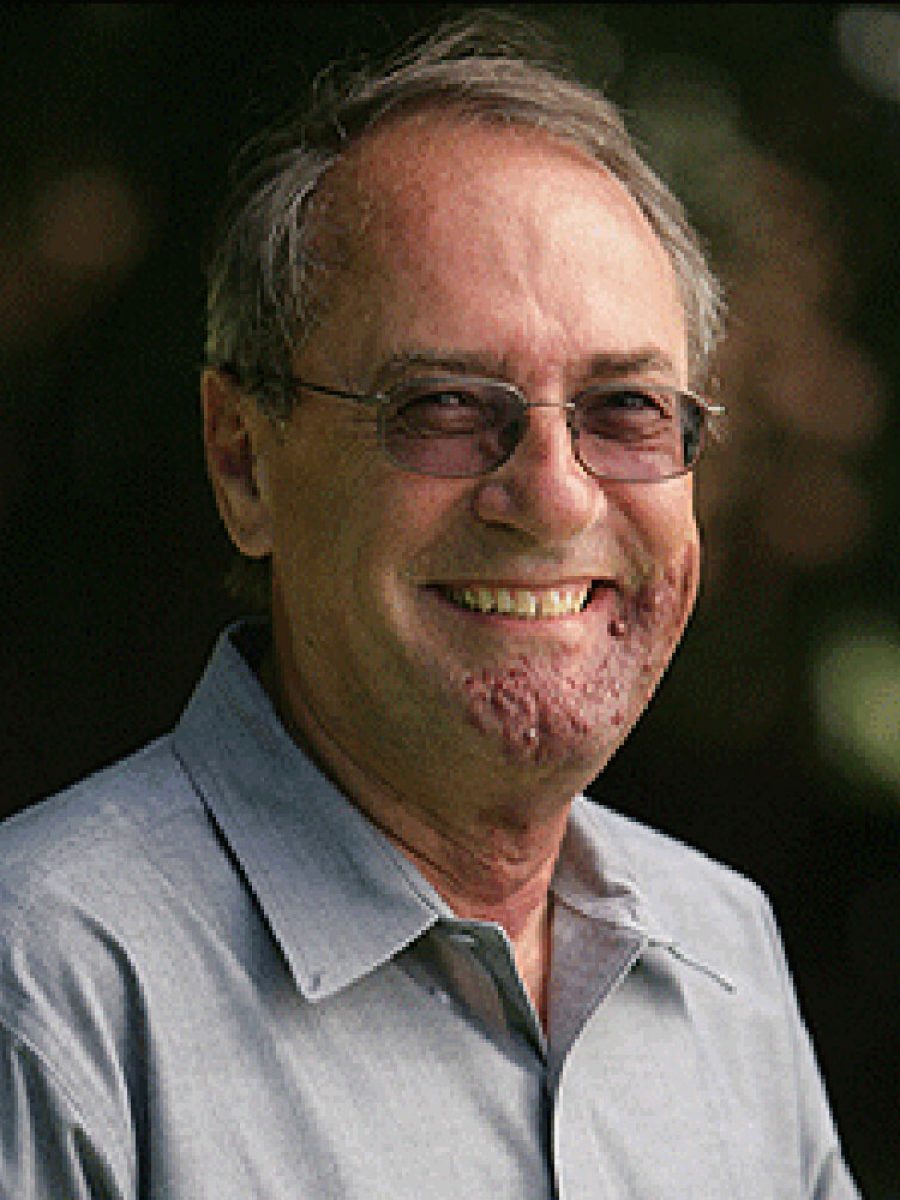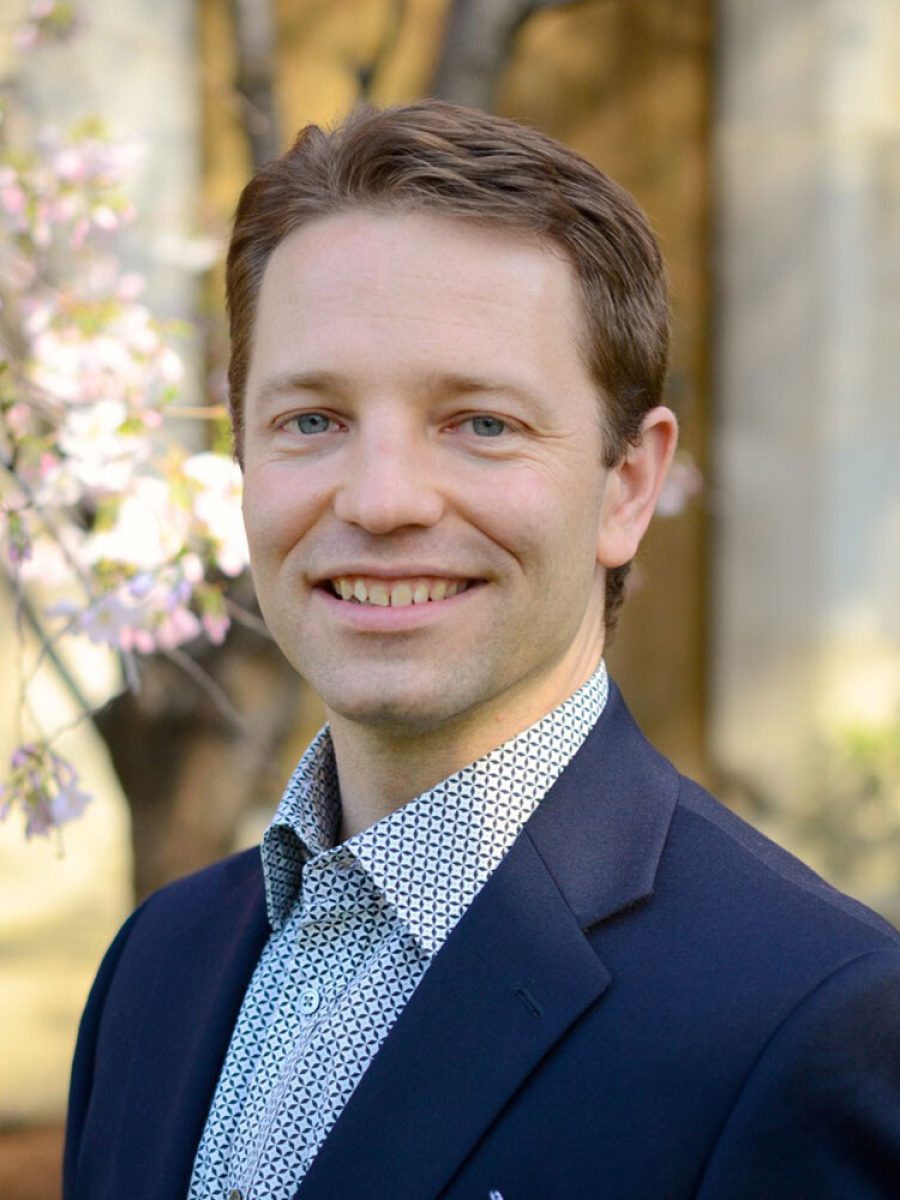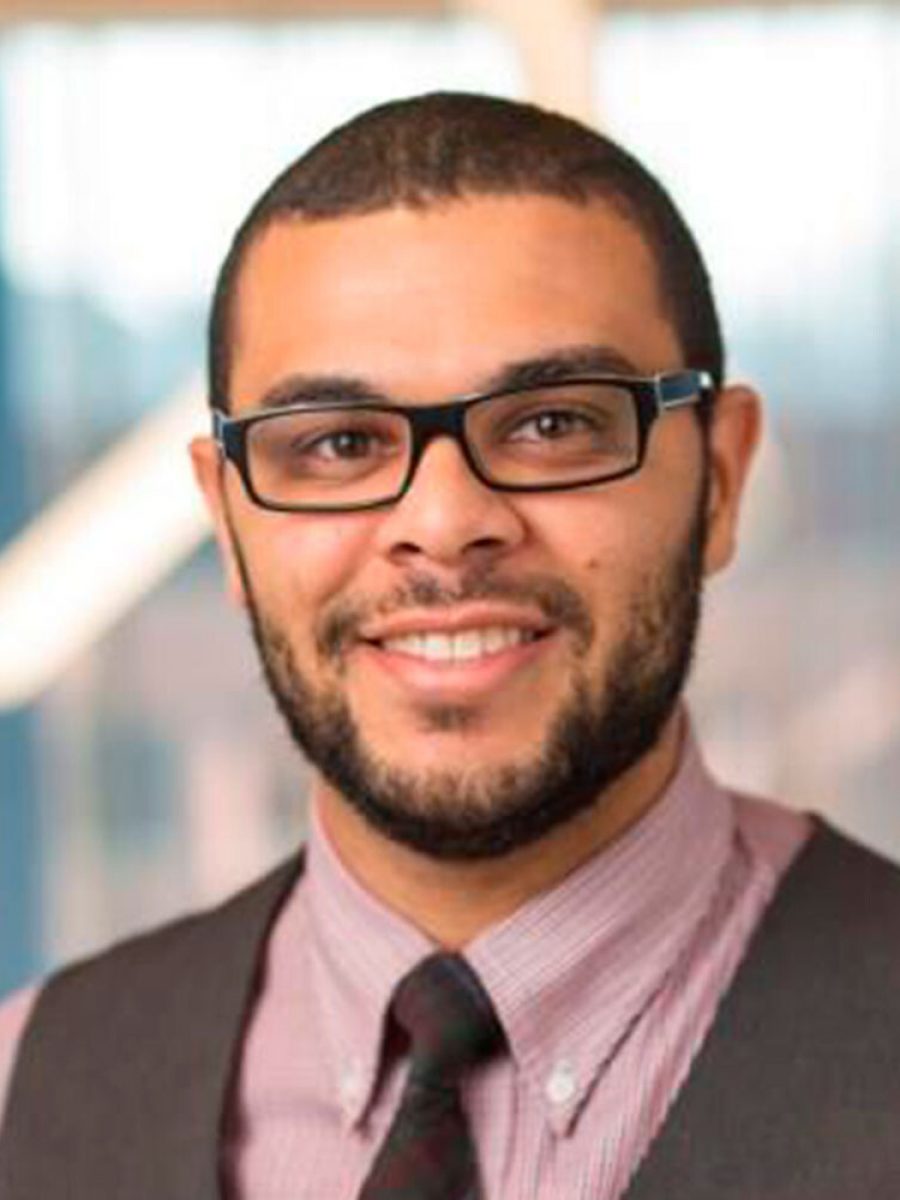Program Description
Vanderbilt University is a global leader in CPS research and education and is in a unique position to offer a well-recognized interdisciplinary graduate program in this area.
- Vanderbilt is a national and international leader in CPS research receiving substantial research funding in CPS and making significant impact in academic and industrial research.
Examples of high-profile recent projects include: (1) NSF CPS Large: Science of Integration for Cyber-Physical Systems, (2) NSF CPS Frontier: Foundations of Resilient Cyber-Physical Systems (FORCES), (3) DARPA Adaptive Vehicle Make (AVM), (4) DoD: Science of SecUre and Resilient Cyber-Physical Systems (SURE), (5) NSF: Self-Sustaining CPS for Structural Monitoring, (6) NSF: Robust Distributed Wind Power Engineering CPS, (7) NSF CPS: Synergy: Integrated Modeling, Analysis and Synthesis of Miniature Medical Devices, (8) NSF CAREER: Lifesaving Capsule Robots, (9) NIH: A magnetic capsule endoscope for colonoscopy in patients with Inflammatory Bowel Disease, (10) NIST: Uncertainty Quantification in Smart Manufacturing Systems, (11) NIST: CPS Simulation Framework.
- The Vanderbilt University and School of Engineering strategic plans provide synergistic and complementary opportunities to an interdisciplinary graduate program in CPS.
- CPS related research at Vanderbilt has been truly interdisciplinary integrating efforts across multiple departments and institutes and includes foundational research on the Science of CPS as well as multiple application domains (defense, transportation, energy, and healthcare).
- Vanderbilt researchers significantly contributed to the formation of the CPS research agenda, are leaders in the CPS community including leadership positions in steering committees, editorial boards, professional organizations, and conferences, and have a large influence in the future direction of the field.
- Vanderbilt hosts the CPS Virtual Organization (CPS-VO) – the national hub and portal for CPS research. Among the various hosted activities, the CPS-VO manages undergraduate student competitions in various CPS areas. Currently, the site has over 10,000 users from academia, government, and industry.
Cyber-physical systems is one of nine intellectual neighborhoods in the School of Engineering where cross-disciplinary faculty are encouraged to collaborate around this core strength. Such collaboration leads to expanded research and teaching opportunities for faculty and graduate students both on and off campus.
To learn more about our interdisciplinary cyber-physical systems program, connect with our team today!
What is unique about this degree over other programs?
The science and engineering of CPS are interdisciplinary in nature, requiring expertise in computer science, engineering, mathematics, statistics, and the full spectrum of physical sciences. Currently, there is a lack of interdisciplinary CPS education at the graduate level, as efforts have focused on the cyber domain (computer science and engineering) or individual engineering domains (electrical, mechanical, civil, biomedical). The purpose of the this program is to provide students with an interdisciplinary education on CPS that cannot be accomplished via other programs that concentrate on individual engineering domains. The 12-month, 30-hour interdisciplinary program aims to put graduates on a fast career path in companies of all sizes and in a variety of industries that are critical to U.S. innovation and competitiveness.
Demand for CPS talent and skills is already considerable and increasing rapidly. Currently, companies need more CPS engineers than are available to hire. These new skills are especially important in new applications such as smart grid, connected vehicles, and medical devices. More information related to the need and demand of CPS engineering educational programs can be found in a recent report by the National Academies.
Application Deadlines
| Fall admission | June 15 |
| Spring admission | November 15 |
For more information:
Email: vuse.cps@vanderbilt.edu
To submit an application visit: https://apply.vanderbilt.edu/apply/
Qualifications
Entering students generally are expected to have baccalaureate degrees in engineering, mathematics, or the physical sciences. Admission requirements include an online application, academic performance in previous degree program(s), resume or CV, three letters of recommendation, a statement of purpose, and, if applicable TOEFL score. An Admissions Committee with representative faculty from the involved departments will evaluate and recommend for approval or disapproval all applications for admission to the M.Eng. degree program in CPS. Admission will be competitive and students will be selected on the basis of their scholastic preparation and intellectual capacity.
The evaluation criteria for admission will be similar to the criteria used for admission in existing M.Eng. and M.S. degree programs offered by the School of Engineering.
CPS Curriculum Plan
The program curriculum is inspired by the NSF CPS Research and Education model shown below which consists of the CPS core extending to multiple technology areas and support various applications sectors.
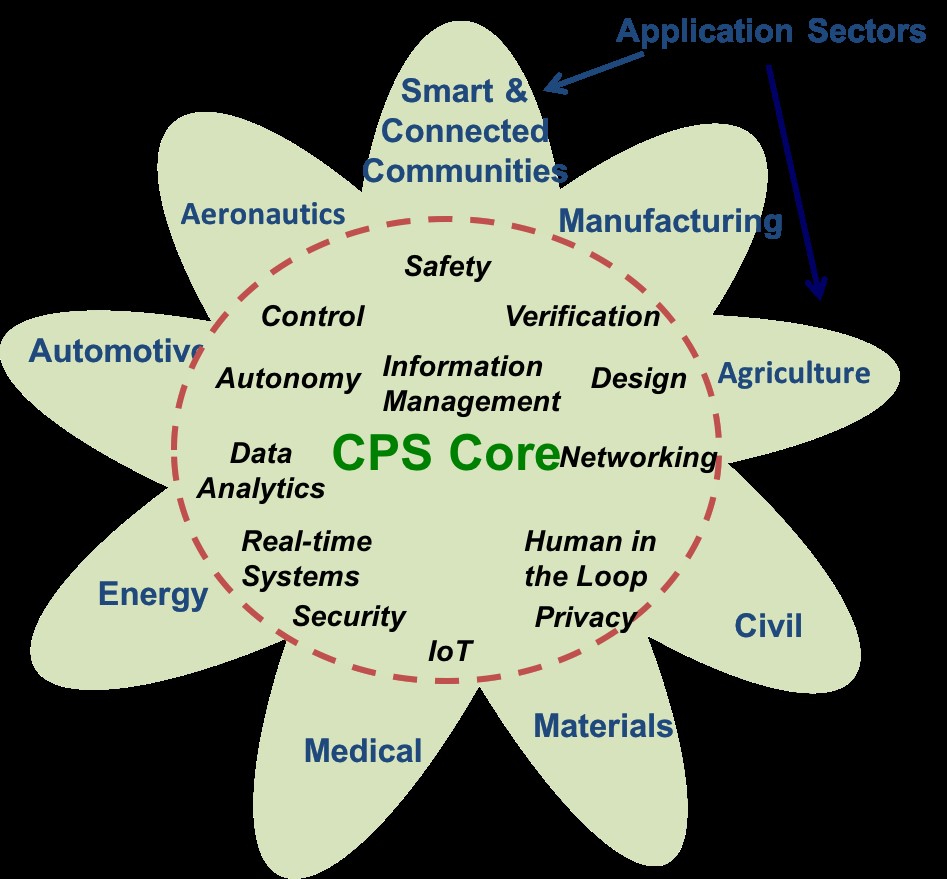
Figure 1. National Science Foundation CPS Research and Education Model
The program follows the existing requirements of the M.Eng. degree awarded by the School of Engineering (30 credit hours). A model curriculum includes:
- CPS foundations (9 hours) - Select from CPS Foundations
- CPS Engineering (6 – 9 hours) - Select from Engineering Design of CPS and Dependable and Trustworthy CPS
- CPS Applications (6 - 9 hours) - Select from Embedded Systems, Control Engineering, Robotics, Transportation Engineering, and Biomedical Engineering
- Project Management and Leadership (3 hours) - Select from Project Management and Leadership
- Capstone Project (3 hours) - One of CS 8390, BME 7899, CE 7899, ECE 7899, ENVE 7899, or ME 7899
We have a flexible academic curriculum that cuts across multiple departments and allows students to tailor their studies to their professional interests and goals by selecting courses from different concentrations. Courses that can be used for fulfilling the degree requirements (organized in concentrations related to CPS) include:
Faculty Steering Committee
-
Xenofon Koutsoukos
Professor, Electrical Engineering and Computer Science
-
Eric Barth
Associate Professor, Mechanical Engineering
-
Franz Baudenbacher
Associate Professsor, Biomedical Engineering
-
Sankaran Mahadevan
John R. Murray Sr. Professor of Engineering, Civil and Environmental Engineering
Participating Engineering Faculty
-
Douglas Adams
Daniel F. Flowers Professor and Chair, Civil and Environmental Engineering
-
Julie A. Adams
Professor, Electrical Engineering and Computer Science
-
Theodore Bapty
Research Associate Professor, Electrical Engineering and Computer Science
-
Eric Barth
Associate Professor, Mechanical Engineering
-
Franz Baudenbacher
Associate Professor, Biomedical Engineering
-
Gautam Biswas
Professor, Electrical Engineering and Computer Science
-
Abhishek Dubey
Assistant Professor, Electrical Engineering and Computer Science
-
Aniruddha Gokhale
Professor, Electrical Engineering and Computer Science
-
Taylor Johnson
Assistant Professor, Electrical Engineering and Computer Science
-
Gabor Karsai
Professor, Electrical Engineering and Computer Science
-
Xenofon Koutsoukos
Professor, Electrical Engineering and Computer Science
-
Akos Ledeczi
Professor,Electrical Engineering and Computer Science
-
Sankaran Mahadevan
John R. Murray, Sr Professor of Engineering, Civil and Environmental Engineering
-
Sandeep Neema
Research Associate Professor, Electrical Engineering and Computer Science
-
Caglar Oskay
Associate Professor, Civil and Environmental Engineering
-
Craig Philip
Research Professor, Civil and Environmental Engineering
-
William H. Robinson
Associate Professor, Electrical Engineering and Computer Science
-
Nilanjan Sarkar
Professor, Mechanical Engineering
-
Douglas Schmidt
Professor, Electrical Engineering and Computer Science
-
Janos Sztipanovits
E. Bronson Ingram Distinguished Professor of Engineering, Electrical Engineering and Computer Science
-
Robert Webster III
Associate Professor, Mechanical Engineering
-
Jules White
Assistant Professor, Electrical Engineering and Computer Science
-
Karl Zelik
Assistant Professor, Mechanical Engineering
CPS Faculty
Contact Information
For inquiries and more information, please contact:
Assistant Dean for Graduate Recruiting and Global Engagement:
Gabriel Luis
gabriel.w.luis@vanderbilt.edu
615-343-3128
Program Director:
Taylor Johnson, Ph.D.
A. James and Alice B. Clark Foundation Faculty Fellow in Engineering
Associate Professor of Computer Science
Associate Professor of Electrical and Computer Engineering
taylor.johnson@vanderbilt.edu

